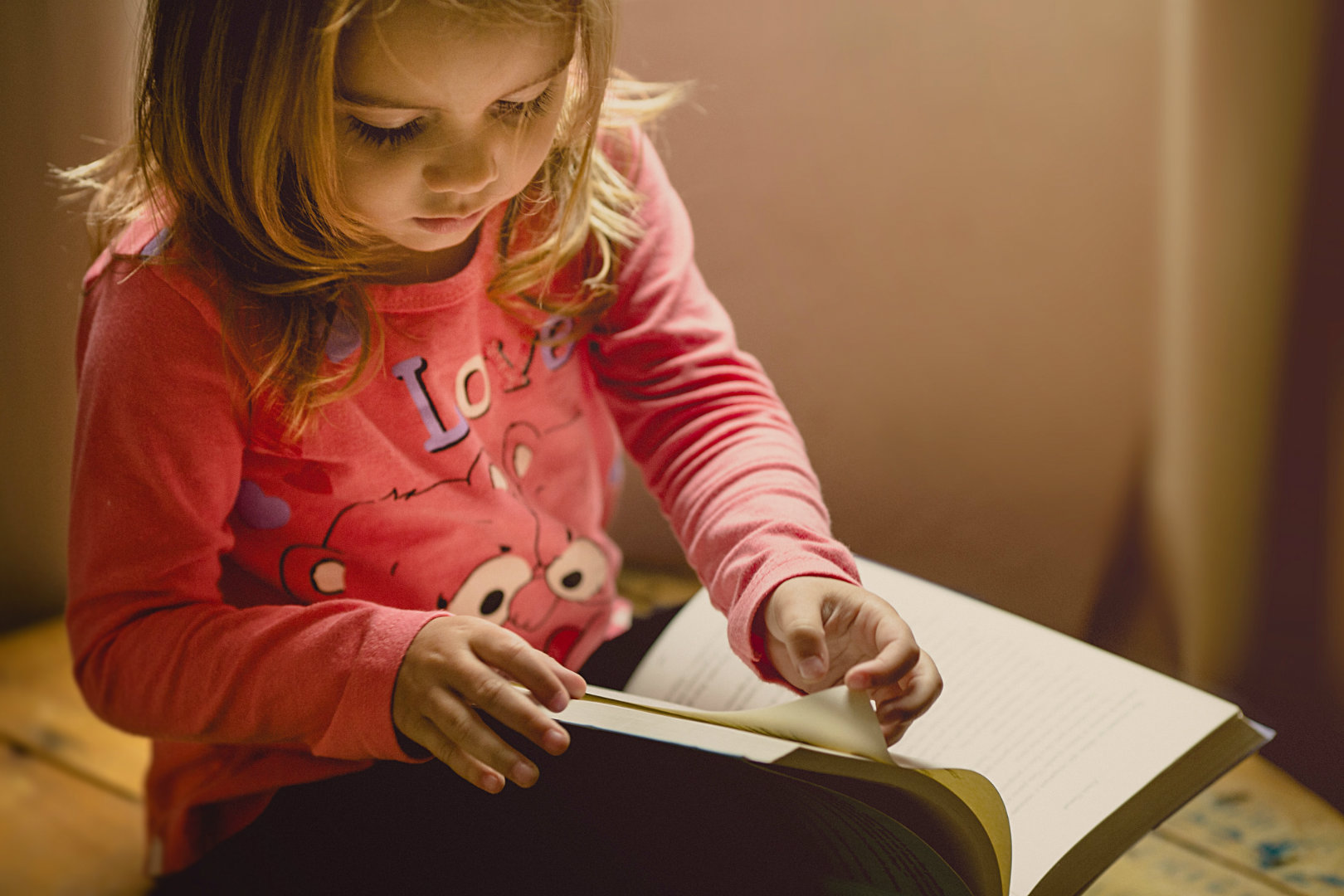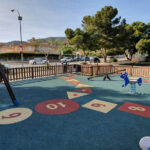
Most parents know, that when you pick up your child from school they may often come back with a variety of emotions, from wound up to cranky. Sometimes they can throw an attitude, and sometimes they may have emotional breakdowns, and for both parent and child that after-school routine may be physically and mentally exhausting. There may be days when homework seems strenuous, and washing up for dinner is a no-go, perhaps even bedtime becoming a challenge.
However, remember that kids are kids. They do not think in the same rationale adults do, and getting kids to wind down after school to the point where they are ready for bed may on some days seem like a challenge, yet there are a few things parents can do to help children cope after school.
“After School Restraint Collapse”
You may wonder how in school you receive positive reviews of your child, pondering then only that after school, the meltdowns and mess at home do not equate to the well-behaved student you hear about. Well, this is normal, and some professionals call it “after school restraint collapse.”
It is pretty common for children to become “children,” after school, especially after a long day at school or daycare. They may cry, throw things, lash out, or generally be unreasonable, however, this is fairly common among many children. For older ones, rudeness and perhaps even disrespect may manifest themselves.
Children experience this “crash” because often they spend the entire day away from their support system, namely their parents, often confronted with challenging topics that need to be learned, along with social behavior, and a variety of other overstimulating activities. Albeit being at home in a comfortable environment means they are back in a safe zone, this safe zone becomes the place where they can unleash emotions, and hence parents may become targets, regardless of intention. What is important for you as a parent to recognize is that your child is not trying to push your buttons on purpose. They are experiencing an emotional collapse after a long day, just the way most adults do after work. And being a parent means, that you will need to help them navigate through it rather than lashing back at them.
Mindful exercises for kids
One of the first factors that may seem fairly obvious for some, but not obvious to others, is a nutritious snack. Just like adults, kids can also get “hangry” (hungry + angry). Hence, taking hunger out of the equation until it is time for dinner already reduces the pressure for kids. Another tip is to avoid questions immediately after school. Allow your child time to process the day. They have been overstimulated and have built up emotions. Talk about the “what happened?” and “how was your day?” at the dinner table or later when you notice the moment where you feel your child wants to talk. This will be different for every child. The best thing to do with kids is to greet them with love and give them time to decompress. From there on, it’s a game of chess to get them into a zone of zen.
Here are a couple of tips that may help you reach that zen zone and help your child, and you, become more mindful after school.
1. Walk
Nature is a great way to reconnect with our inner selves. Not only is the movement beneficial for emotional relief, but studies show that spending time in nature helps mitigate the stress that builds up during the course of the day. Spending time in nature can also help prevent it in the first place as you become aware of yourself, your emotions, and your being.
However, how many people live next to the woods? If you live in a big city, this may not be a practical everyday solution, however, a general walk is a great way to help your kids cool off and release some of that built-up energy and emotion. A brisk walk, a short stop at the playground, taking different routes, or even biking are all great alternatives to give your kid some time to relax. On top of that, if the sun is shining, then they will get a good dose of vitamin D.
2. Breathing
Another great way is to help kids learn to meditate. As adults, if you do this regularly, either through breathing exercises or yoga, or even running, connecting your breath and body helps relieve stress and lead to better sleep at night. The same is true for kids. Encourage them to try and relax when you get home and try breathing exercises. Remember, children get bored easily, so just ensure that the exercise is short and to the point. Make it a short 3-5minute exercise and do it together. Find a spot together and practice taking a few minutes to just release everything of the day.
3. Exercise
Many kids have tight schedules, where parents are racing them from school to sports to tutors and music class. Kids have their own flow, and parents need to learn to accept that. It is one thing to force a variety of activities onto your kids, it is another to try them, and it is another to learn to work together with your child to understand what works and what doesn’t.
However, exercise is great for everyone. Kids included. Help them come into a routine where they are involved in sports on a frequent basis, not daily, to the point of exhaustion. Allow them to channel their energy in activities they enjoy. Some may also be a great way to bond with your child, for example, have them bike while you run for a quick 30 min. Do yoga together, or do some freeletics together at home. Keep them in mind with all activities and work together to find out what works, how long, and how often.
4. Dancing
Dancing and body movement is a great way to release energy, be creative, and allow for movement even in environments with limited space. Turn on some music, whatever your child may like – even try switching up between different styles and music types and allow them to dance. Dancing helps children manage emotions and improve adaptability in school. Studies have shown that dancing helps children, especially those with emotional disorders or learning disabilities, increase self-esteem, emotional expression, and the ability to complete tasks.
5. Reading Books
For most children, heading to bed is often a dreaded thing. For some kids easier than others, and for those who are simply exhausted after all the activities planned by parents during the course of the day, bedtime is a routine that should be learned. Some children may throw temper tantrums and protest, however easing this period of coming to rest and teaching a child to learn how to fully wind down to be “in the moment” is a skill vital for life. A great way to do this is through reading books and storytime. Reading not only helps your child develop cognitively, but also helps them relax and become mindfully creative in a fictional world. Graciously falling asleep with amazing stories and characters.
Find the mindful habits that work and implement those.
As much as every parent truly loves their child, there are times when they can drive us mad, however, regardless of whether your child comes home from school with after school restraint collapse or still has an excessive amount of energy, helping them achieve mindful practices as part of their after school routine will help them establish lifelong abilities to learn how to best deal with their emotions and energy. Just like with anything, adult or child, establishing habits takes time and consistency. Help your child with techniques that will lead them to a more pleasurable after-school experience for both you and for them.









